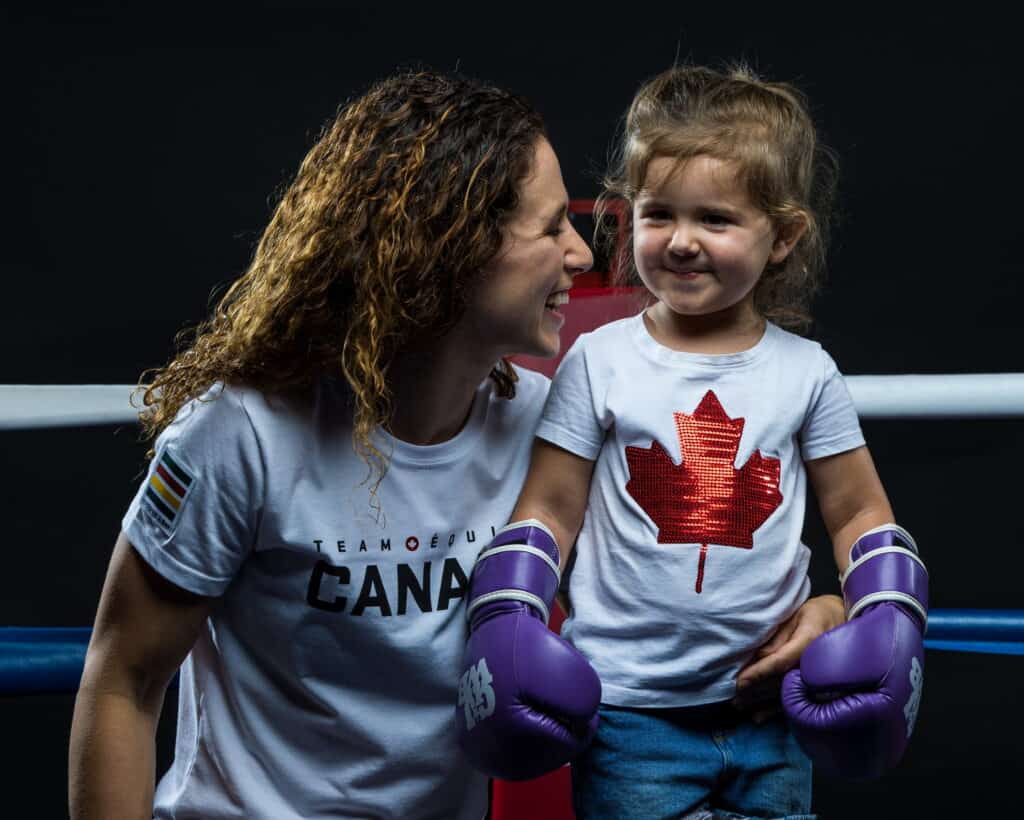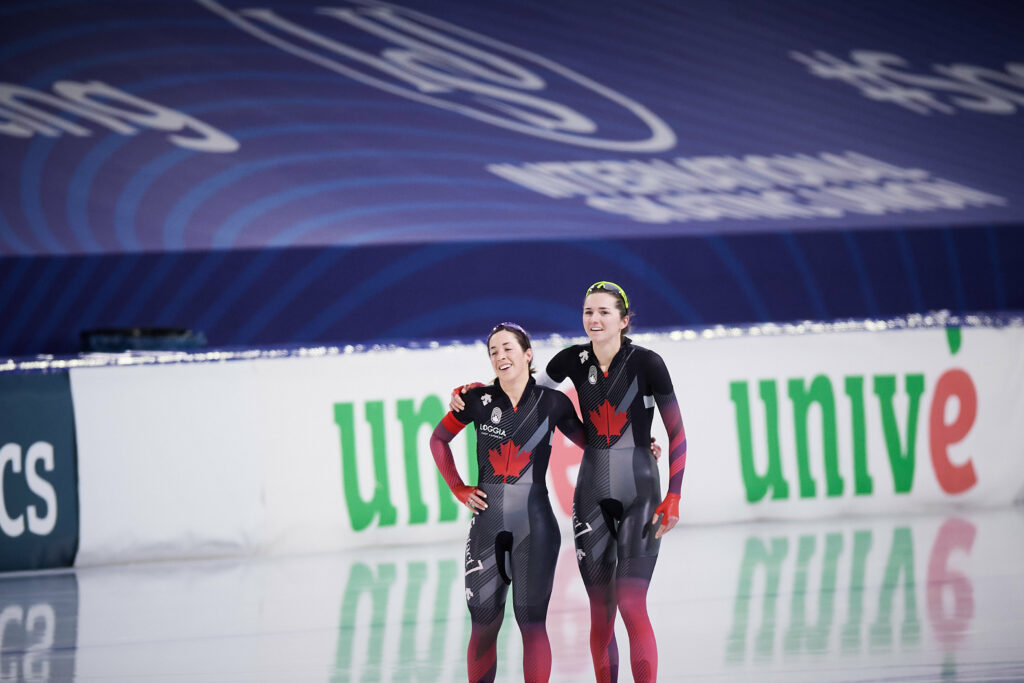Equitable hiring practices
The Paralympic Games have put a global spotlight on the disability community. In the workplace, building welcoming and inclusive spaces starts by hiring people with disabilities. In fact, new research suggests that employees with disabilities tend to have higher performance ratings and lower turnover rates, helping companies and organizations thrive.
Mom’s Got Game! Stories of world-class athletes and gold-medal moms

Fourteen months ahead of the 2014 Olympic Winter Games, curler Jennifer Jones had a nasty accident, tearing a major ligament, the ACL in her knee. She was pregnant with her first child and hoping to represent Canada at the Olympics. “Because I was pregnant, a lot of people never thought that I would be able to…
Elite mental health
Up to 35% of elite mental athletes experience mental health concerns, including anxiety, depression, and eating disorders. To manage mental health conditions in sport, the International Olympic Committee recommends taking an individualized and interdisciplinary approach, optimizing the training and competition environment, and making mental health resources and supports both accessible and commonplace.
Post-Games mental health support
Competing in major events like the Olympic and Paralympic Games can have a significant impact on athletes’ mental health. Olympic and Paralympic athletes are particularly vulnerable in the post-Games period. Since both staff and resources are likely to be depleted after the Games, planning for specialized support can help athletes during this critical time.
Beyond the medals: The health of retired high performance female athletes

Swimmer Summer McIntosh. Fencer Jessica Guo. Artistic swimmer Rosalie Boissonneault. These teenagers were among the youngest Canadian competitors in the 2020 Tokyo Olympic Games. Their intensive training will likely continue for many years to come as they search for even more success in their respective sports. But what happens later, when these female athletes put…
Mixed-gender Olympic sports
The Tokyo 2020 Olympic Games saw the introduction of several mixed-gender events, such as the triathlon relay and team judo. At Beijing 2022, 4 new events, in which women and men compete together, will be making their debut. These include mixed team snowboard cross, ski aerials, ski jumping, and short-track speed skating.
Climate change and winter sports
Climate change can have a profound impact on the conditions at the Winter Olympic and Paralympic Games, impacting athletes’ safety and ability to perform. Modelling suggests that if global emissions remain on the trajectory of the last 2 decades, only 1 city will remain worldwide with the ability to reliably host the Games. A low…
Winter Games injury prevention
Did you know that 12% of athletes competing in the PyeongChang 2018 Winter Olympic Games experienced an injury? While injury rates have remained similar across the last 3 Winter Olympics, there is considerable variation in incidence rates across sports. Understanding sport-specific variations in illness or injury can help with prevention and planning of healthcare during…
Athlete nutrition and travel
For athletes competing in Beijing, meeting nutrition goals in a different food environment might be a challenge. Planning for eating en route, considering food culture at the destination, and establishing team rules around food hygiene can help teams and athletes ensure good nutrition, manage jet lag, and reduce the risk of illness during travel.
Bouncing back from jet lag
Canadian athletes travelling to Beijing will have to deal with a significant time change. Jet lag can negatively impact sleep schedules and performance. However, research shows that good sleep hygiene (for example, a comfortable pillow and earplugs) and controlled light exposure can improve athletes’ speed and power for up to 96 hours after travel.